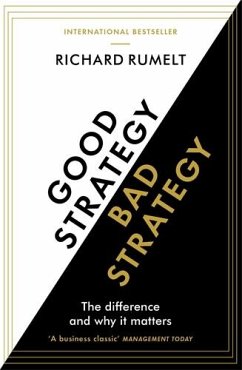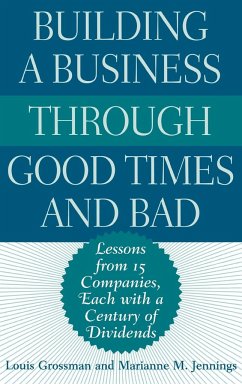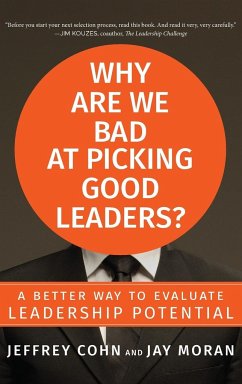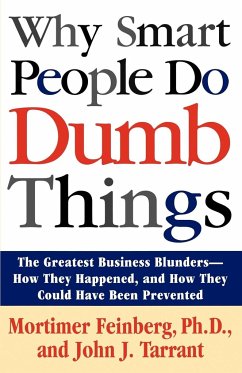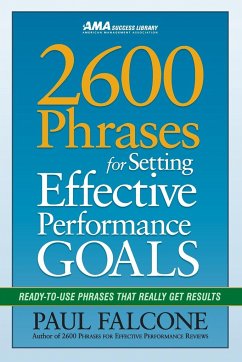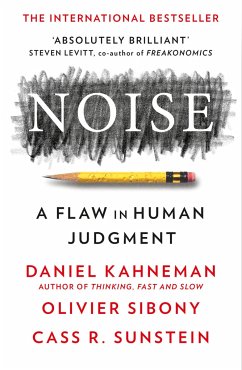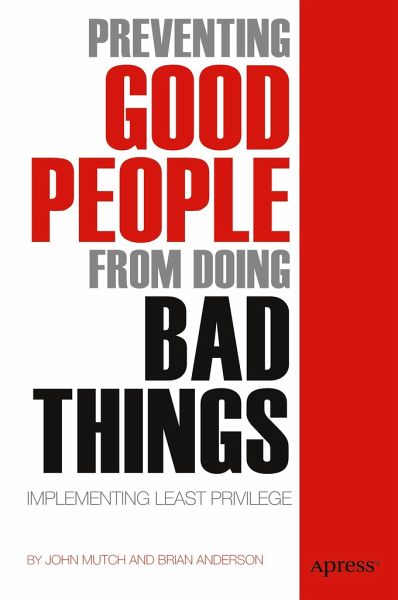
Preventing Good People From Doing Bad Things
Implementing Least Privilege

PAYBACK Punkte
14 °P sammeln!
In today's turbulent technological environment, it's becoming increasingly crucial for companies to know about the principle of least privilege. These organizations often have the best security software money can buy, with equally developed policies with which to execute them, but they fail to take into account the weakest link in their implementation: human nature. Despite all other efforts, people can sway from what they should be doing.Preventing Good People from doing Bad Things drives that concept home to business executives, auditors, and IT professionals alike. Instead of going through ...
In today's turbulent technological environment, it's becoming increasingly crucial for companies to know about the principle of least privilege. These organizations often have the best security software money can buy, with equally developed policies with which to execute them, but they fail to take into account the weakest link in their implementation: human nature. Despite all other efforts, people can sway from what they should be doing.
Preventing Good People from doing Bad Things drives that concept home to business executives, auditors, and IT professionals alike. Instead of going through the step-by-step process of implementation, the book points out the implications of allowing users to run with unlimited administrator rights, discusses the technology and supplementation of Microsoft's Group Policy, and dives into the different environments least privilege affects, such as Unix and Linux servers, and databases.
Readers will learn ways to protect virtual environments, how to secure multi-tenancy for the cloud, information about least privilege for applications, and how compliance enters the picture. The book also discusses the cost advantages of preventing good people from doing bad things. Each of the chapters emphasizes the need auditors, business executives, and IT professionals all have for least privilege, and discuss in detail the tensions and solutions it takes to implement this principle. Each chapter includes data from technology analysts including Forrester, Gartner, IDC, and Burton, along with analyst and industry expert quotations.
Preventing Good People from doing Bad Things drives that concept home to business executives, auditors, and IT professionals alike. Instead of going through the step-by-step process of implementation, the book points out the implications of allowing users to run with unlimited administrator rights, discusses the technology and supplementation of Microsoft's Group Policy, and dives into the different environments least privilege affects, such as Unix and Linux servers, and databases.
Readers will learn ways to protect virtual environments, how to secure multi-tenancy for the cloud, information about least privilege for applications, and how compliance enters the picture. The book also discusses the cost advantages of preventing good people from doing bad things. Each of the chapters emphasizes the need auditors, business executives, and IT professionals all have for least privilege, and discuss in detail the tensions and solutions it takes to implement this principle. Each chapter includes data from technology analysts including Forrester, Gartner, IDC, and Burton, along with analyst and industry expert quotations.





